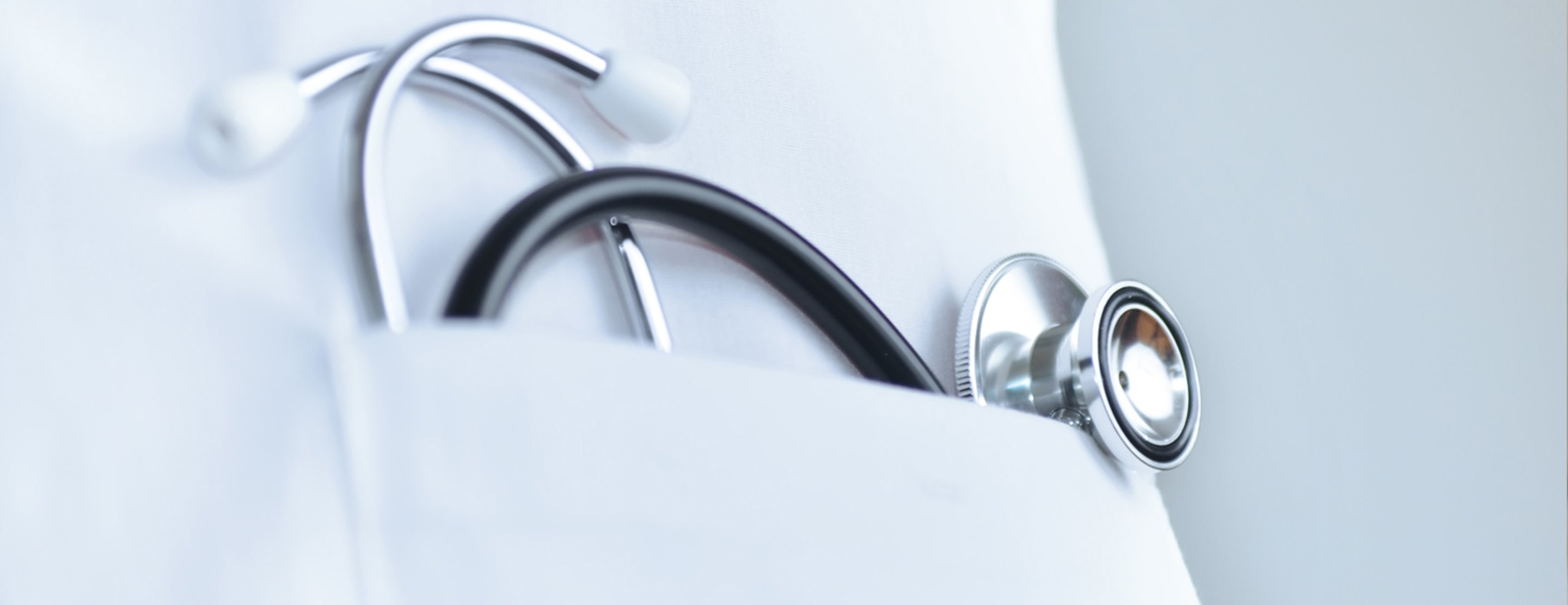
FAQ: Post-Abortion Care and Recovery
- When can I resume my normal activities after undergoing a procedure?
- Will I bleed and cramp?
- What if I still feel pregnant?
- What complications may occur?
- How can I avoid infection?
- After the procedure, when will my menstrual period begin?
- Should I schedule a follow-up appointment?
When can I resume my normal activities after the procedure?
You should go home and rest after the procedure. Resume normal activities the following day. Avoid activity that causes increased pain.
If you receive oral relaxation or narcotic pain medications for the procedure, don't drive a car for eight hours. If you receive intravenous (IV) medications during the procedure, don't drive a car for 24 hours.
You may bleed up to a week or off and on up to four weeks after the procedure. The flow may vary from very light to fairly heavy. It may increase with exercise and decrease with rest. Small blood clots are normal. Clots can appear red to dark purple. Use sanitary pads only, not tampons, for bleeding after the procedure.
You may experience cramps for a few days. Some women experience an episode of heavy bleeding and cramps four to six days after the procedure. Call the UCSF Center for Pregnancy Options if bleeding is prolonged or extremely heavy. Blood-tinged discharge is common as bleeding slows. Discharge may appear as yellow or brown and may have a sour odor.
To relieve cramps, take ibuprofen (up to 800 mg every six hours) or Tylenol (up to 1,000 mg every four hours). Rest as well as a hot water bottle or heating pad on the abdomen can help.
What if I still feel pregnant?
Pregnancy symptoms of nausea, vomiting and weariness usually cease within three days. Breast tenderness may take seven to 10 days to disappear. Your breasts may feel firm and tender and leak fluid after your procedure. Your breasts will return to normal after three to four days of swelling.
You will feel more comfortable if you wear a supportive bra and apply cold ice packs to your breasts. Take ibuprofen or Tylenol, if necessary, for pain.
If you still feel pregnant after a week, call the UCSF Women's Option Center at (415) 353-7003 to speak to one of our health care providers.
If you experience any of the following symptoms, call the Women's Options Center to talk to a doctor or nurse.
- Fever over 100 degrees or chills
- Excessive bleeding (soaking one pad per hour for three straight hours)
- Bad cramps unrelieved by ibuprofen or Tylenol or prolonged abdominal pain
A doctor can be reached at any time.
- Monday to Friday during business hours, call (415) 353-7003
- Nights, weekends and holidays, page a doctor by calling (415) 719-6318. At the beep, enter the phone number you want the doctor to call, then press the # key.
To decrease the chance of pelvic infection, please follow these instructions:
- Take your antibiotic medication as directed.
- Don't have vaginal intercourse and don't insert anything, including tampons, in your vagina for two weeks with one exception. If you use NuvaRing as your birth control, you may insert it after the procedure.
- Do not douche, taking baths or swim. You may shower, but do not sit in a tub of water.
After the procedure, when will my menstrual period begin?
Your next menstrual period should begin four to seven weeks after the procedure. You can get pregnant before then and should use birth control when you resume sexual intercourse. Your first few cycles may be irregular.
If you use a cyclic hormonal birth control method — such as the pill, patch or ring — you should start the method the same day as your procedure. Your next period will occur during the fourth week of the contraceptive cycle.
Should I schedule a follow-up appointment?
It's not necessary to see a doctor after your procedure, unless you experience complications. We recommend that you make an appointment to see your primary care doctor or gynecologist if you are due for an annual Pap smear, physical or gynecologic exam, need birth control prescription refills or would like to discuss your fertility.
UCSF Health medical specialists have reviewed this information. It is for educational purposes only and is not intended to replace the advice of your doctor or other health care provider. We encourage you to discuss any questions or concerns you may have with your provider.







